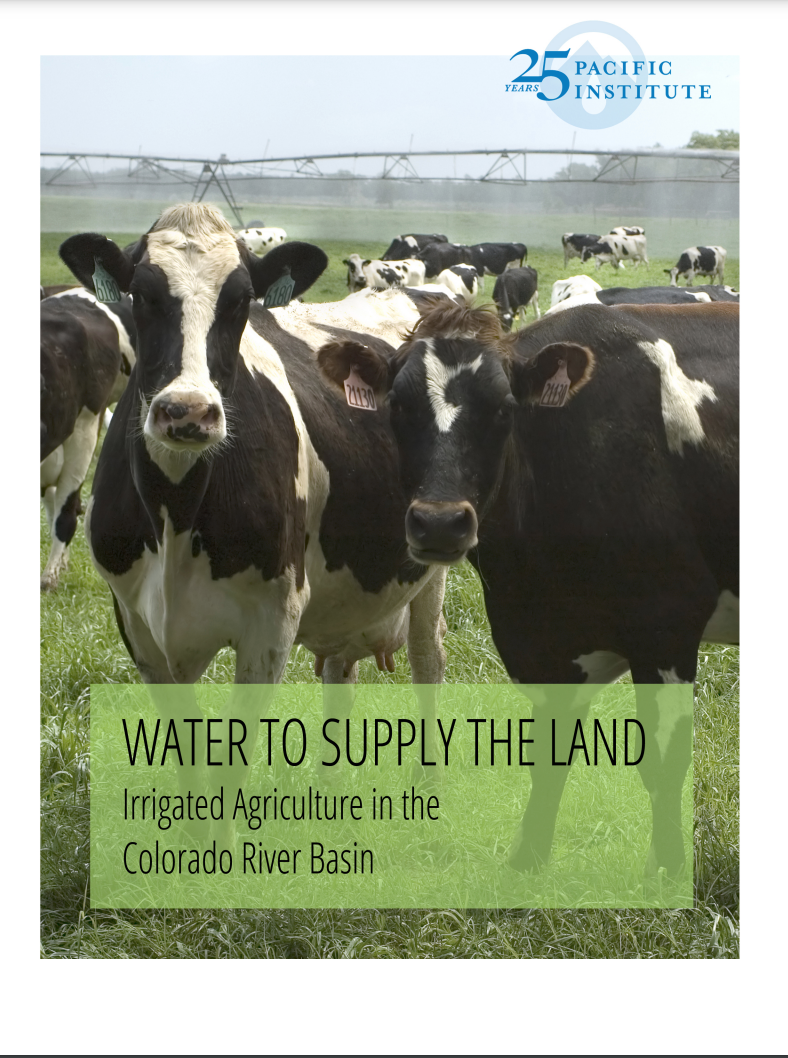- Joined
- Mar 30, 2021
- Messages
- 30,867
- Reaction score
- 48,584
- Location
- Hiding from ICE
- Gender
- Male
- Political Leaning
- Liberal
“There’s too little supply and too much demand,” said Brad Udall, a water and climate scientist at Colorado State University. “Ultimately, I think what we’re going to see here is some major rewriting of Western water law.”'
The snow and rain seen in the west this year isn’t enough to stabilize Lake Powell either, Andrechak said. “Now, the reality is, they’re all going to get a cut. Everybody should give,” he said.
And that must happen this year. The federal government is expected to mandate unilateral cuts this year if all seven states don’t come to an agreement.
“There’s no time left. The crisis is here. They don’t necessarily have to give it up forever. It might be temporary for several years until there’s improvements,” he said. But even if water levels do improve in the future, states cannot expect to return to former water usage entirely.
“Climate change is making sure that it’ll never get back to those levels,” Andrechak said.
-------------------------------------------------------------------------------------------------------------------------------------------------------
What, me worry?

